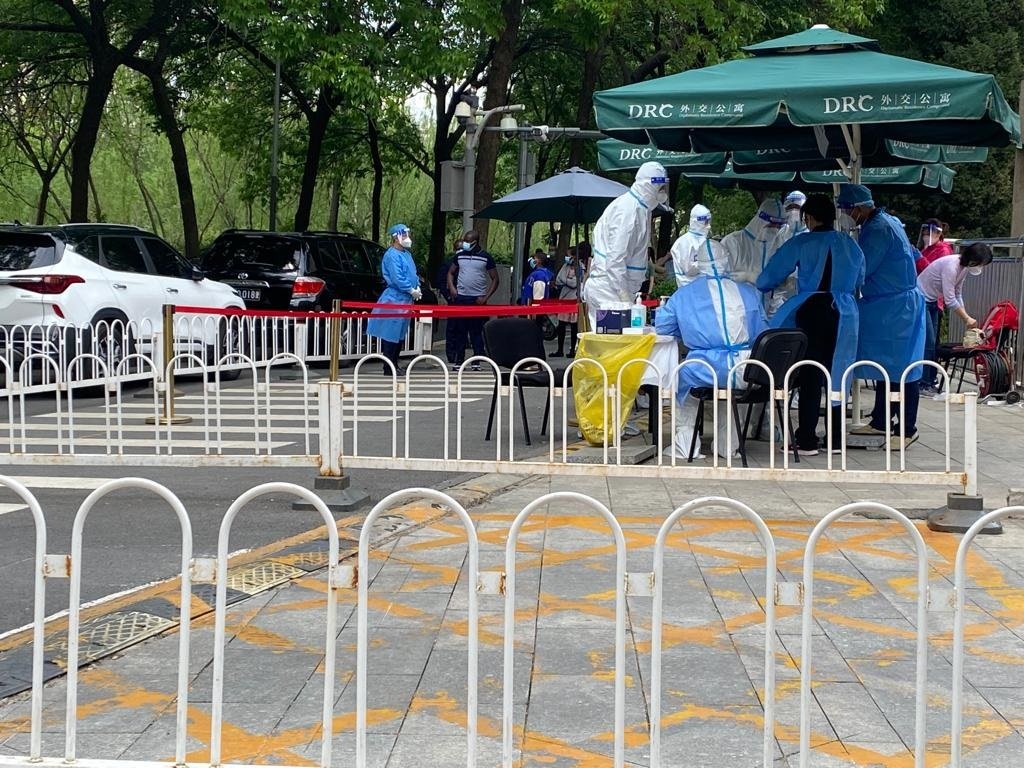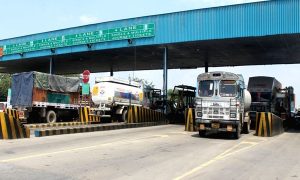China’s economy slowed sharply in April as country’s non-negotiable, super stringent “dynamic zero COVID” approach pushed the retail sales and industrial production to their lowest levels since COVID-19 outbreak in early 2020.
According to official data released on Monday, China’s Industrial production, a gauge of activity in the manufacturing, mining and utilities sectors, fell by 2.9 per cent in April from the previous year, down from 5 per cent growth in March, due to large-scale production and supply chain disruptions caused by stringent lockdowns in dozens of Chinese cities including the financial capital Shanghai. This was the lowest since China’s industrial production dropped by 25.87 per cent in February 2020.
With millions of Chinese confined to their homes, especially the lockdown of China’s most prosperous city of Shanghai since March, have continued to hit consumption, with retail sales dropping by 11.1 per cent in April, larger than an expected drop of 6 per cent and sharply worse than March’s 3.5 percent contraction, data from the National Bureau of Statistics showed on Monday. According to reports, this was the lowest since China’s retail sales dropped by 15.8 per cent in March 2020.
China’s job market also took a hit, with the nationwide jobless rate rising to 6.1 percent in April, up from 5.8 percent, marking the highest rate since February 2020. China is struggling to contain Omicron outbreaks while also trying to achieve a growth target of around 5.5 per cent which experts have warned very tough to balance. The “increasingly grim and complex international environment and greater shock of the Covid-19 pandemic at home obviously exceeded expectation, new downward pressure on the economy continued to grow,” the National Bureau of Statistics said. The bureau said the impact of Covid is temporary and that the economy “is expected to stabilize and recover.”




























 WhatsApp us
WhatsApp us